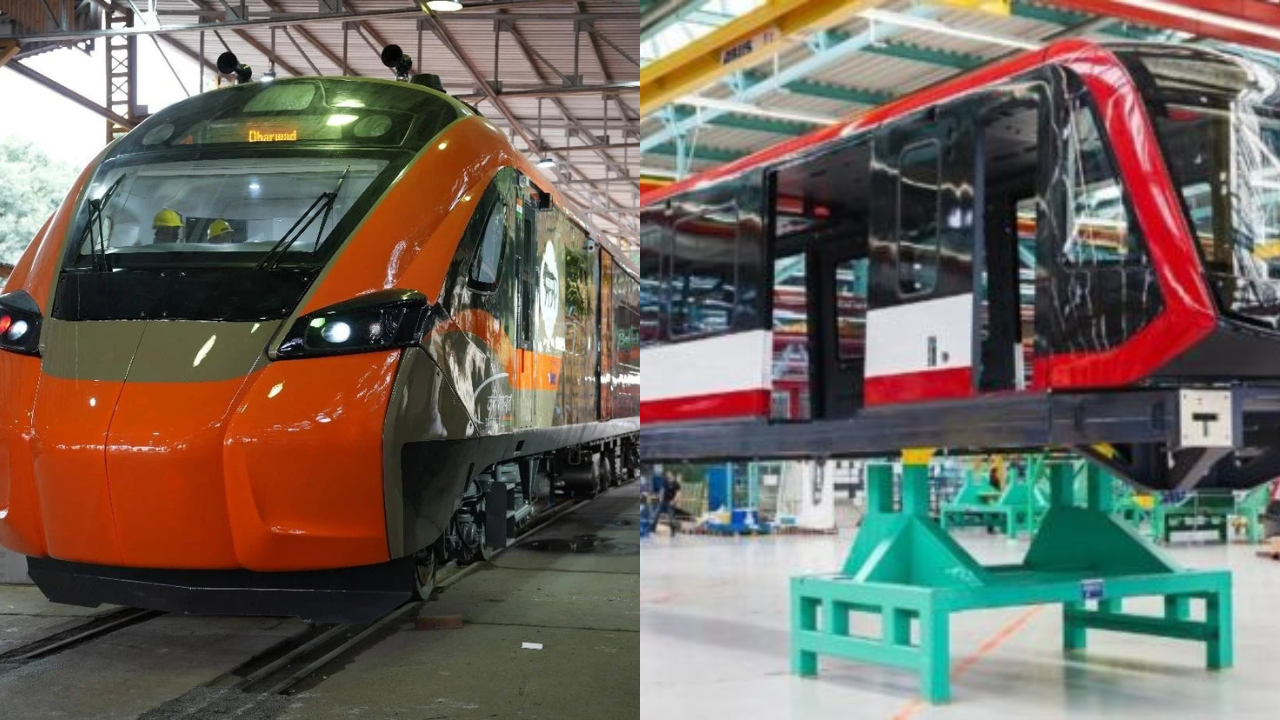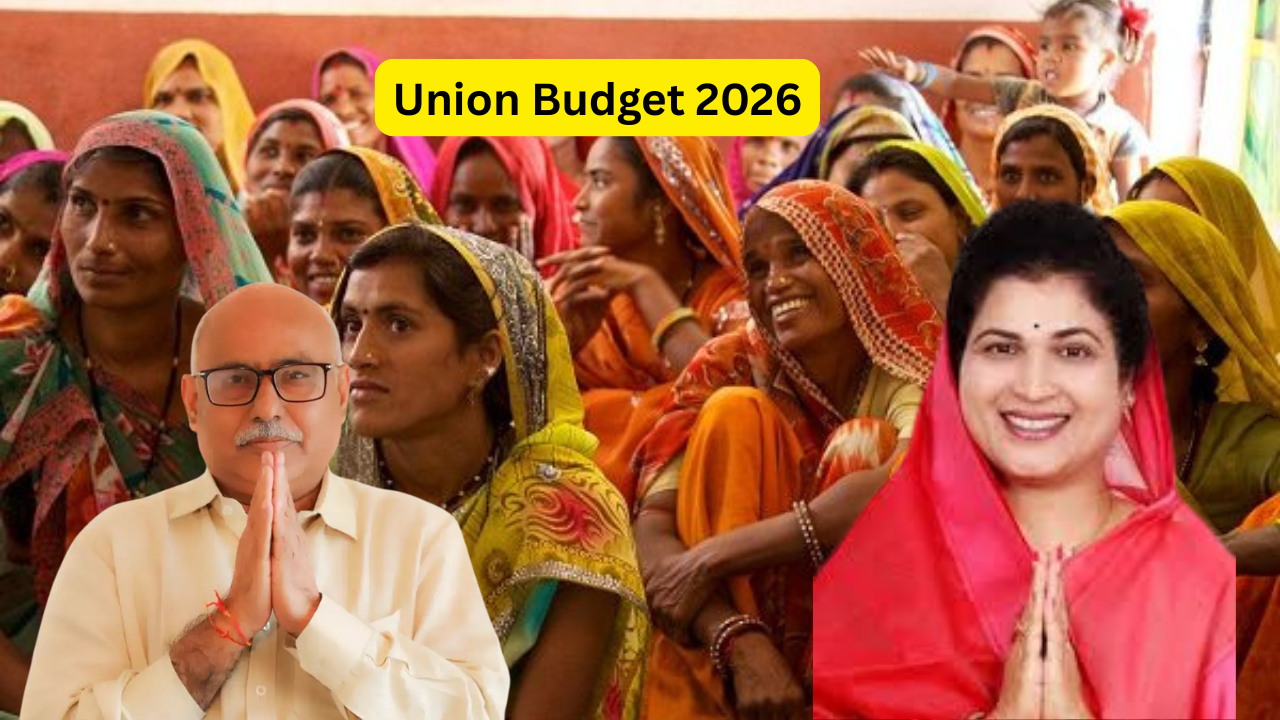An important aspect of this interim Budget was the allocation of Rs 1 trillion for innovation funding. In an election year, budgetary decisions are often influenced by politics, but this year’s budget took a long-term approach focused on setting directions rather than specific milestones. The government’s confidence in its policies has led to the development of an interim budget that serves as a guidepost for the future.
The budget also reflects an acceptance that the next decade in India will be focused on building infrastructure, with increased capital allocation for this purpose. The government’s emphasis on the rural sector and the allocation of funds for rural housing and middle-class homeownership is commendable.
The most striking aspect of the budget, however, is the significant allocation of funds for innovation. This demonstrates the government’s commitment to support research and collaboration, and sets a higher standard for meaningful innovation. The allocation of these funds presents a huge opportunity for the country to tap into its intellectual power.
The budget also recognizes the importance of addressing climate change and decarbonisation. The government has outlined policies and steps to promote clean energy, coal gasification, and rooftop solar. These initiatives not only align with the government’s agenda of building India but also inspire confidence in the private sector to invest in the country’s growth. As India aims for 6-7% growth in the next decade, there will be a need for capacity growth in domestic industries, which will have a positive impact across the country.
The macroeconomic picture is not ideal, with the fiscal deficit reaching 5.8% on revised estimates. However, the government’s aim to bring the deficit at or below 4% in the next two years shows its determination and will help maintain positive communication with rating agencies. Achieving this target will be a challenge given the infrastructure investments and social spending planned for the next decade. Nevertheless, as long as the money is efficiently spent on productive projects, there is room for flexibility. It is important to closely monitor revenue spending and consider potential changes to the tax regime in the future.
The interim budget sets a positive precedent by focusing on directions rather than specific numbers. Whether this approach will continue in future budgets remains to be seen.
For more information, please visit at https://happenrecently.com/zepto/?amp=1















